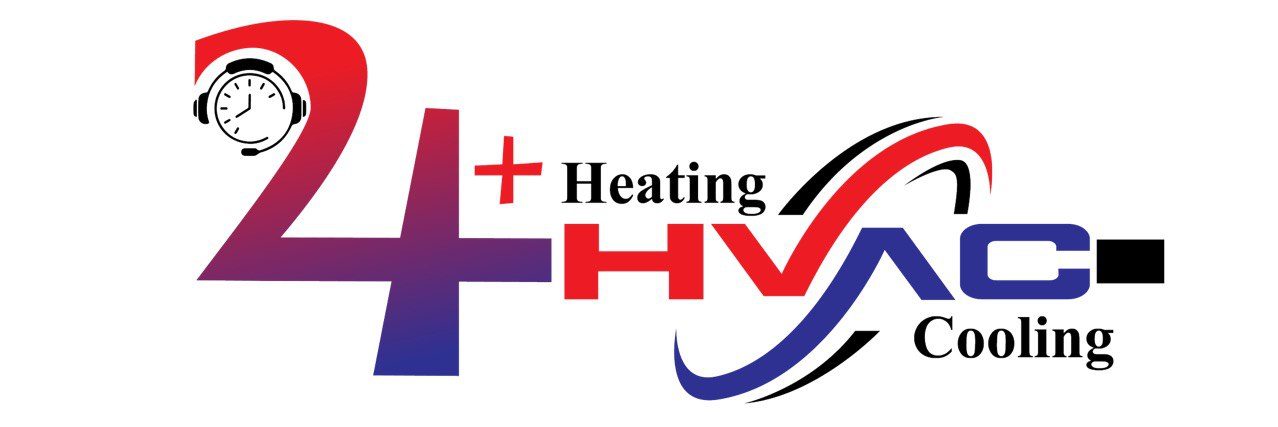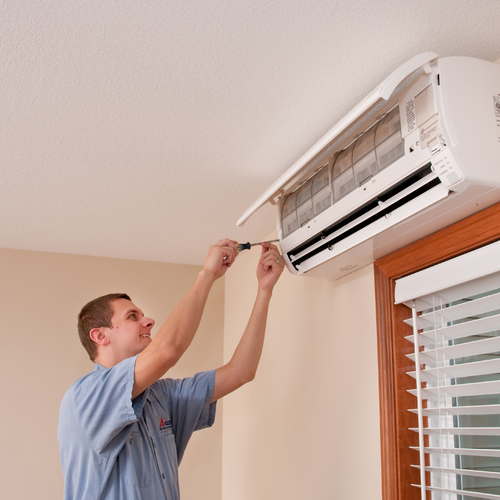Introduction
Energy efficiency and sustainability are becoming increasingly important in today’s world. Homeowners and businesses alike are searching for ways to reduce their carbon footprint and cut down on energy expenses. One of the most effective solutions is improving heat pump efficiency. Heat pumps offer a cost-effective and eco-friendly alternative to traditional heating systems. In this article, we will explore how heat pumps work, their energy-saving benefits, and why they are an excellent investment for lowering utility bills while supporting a greener planet.
1. Understanding Heat Pump Efficiency
Heat pumps operate by transferring heat rather than generating it, making them significantly more efficient than traditional heating systems.
- High Coefficient of Performance (COP): Heat pumps often have a COP of 3-4, meaning they produce 3-4 units of heat for every unit of electricity consumed.
- Energy Savings: Compared to gas furnaces, heat pumps can reduce heating costs by up to 50%, making them a smart investment for homeowners.
2. How Heat Pumps Reduce Energy Bills
One of the biggest advantages of heat pumps is their ability to drastically cut down on electricity consumption.
- Efficient Heat Transfer: Unlike traditional furnaces that burn fuel, heat pumps simply move heat from one place to another, reducing overall energy use.
- Dual Functionality: Since heat pumps provide both heating and cooling, homeowners save money on separate HVAC systems.
3. Lowering Carbon Footprint with Heat Pumps
Using a heat pump is one of the most effective ways to decrease your household’s carbon emissions.
- Reduced Fossil Fuel Dependence: Heat pumps rely on electricity rather than fossil fuels, leading to cleaner energy consumption.
- Integration with Renewable Energy: Homeowners can pair heat pumps with solar panels to create an even greener heating and cooling solution.
4. Types of Heat Pumps and Their Efficiency
There are different types of heat pumps, each with varying efficiency levels.
- Air Source Heat Pumps (ASHPs): Extract heat from outdoor air, even in cold climates.
- Ground Source Heat Pumps (GSHPs): Utilize stable underground temperatures for superior efficiency.
- Water Source Heat Pumps: Extract heat from nearby water sources for effective heating and cooling.
5. Government Incentives and Rebates for Heat Pumps
Many governments offer incentives for installing heat pumps due to their energy-saving potential.
- Federal and Local Rebates: Programs like Canada’s Greener Homes Grant provide financial support for heat pump installation.
- Tax Credits: Homeowners may be eligible for tax credits, reducing initial installation costs.
6. Maintenance Tips to Maximize Heat Pump Efficiency
To ensure optimal performance, regular maintenance is essential.
- Filter Cleaning: Dirty filters reduce airflow and efficiency.
- Annual Inspections: Professional servicing prevents breakdowns and maintains efficiency.
- Proper Insulation: Ensuring a well-insulated home helps retain heat, reducing the load on your heat pump.
7. Comparing Heat Pumps to Traditional Heating Systems
How do heat pumps stack up against conventional systems like furnaces or boilers?
- Energy Efficiency: Heat pumps use 30-60% less energy than traditional heating systems.
- Operating Costs: Lower electricity usage translates to long-term savings.
- Lifespan: A well-maintained heat pump lasts 15-20 years, outlasting many furnaces.
8. Heat Pumps in Cold Climates: Are They Still Efficient?
A common misconception is that heat pumps don’t work well in cold weather. However, modern advancements have made them highly efficient even in subzero temperatures.
- Cold-Climate Heat Pumps: New models function efficiently even at -25°C.
- Supplemental Heating Options: Some systems include backup electric resistance heaters for extreme conditions.
9. The Future of Heat Pumps and Smart Home Integration
As technology advances, heat pumps are becoming even more efficient and user-friendly.
- Smart Thermostat Integration: Adaptive controls optimize efficiency and comfort.
- AI-Driven Performance: Machine learning algorithms improve energy usage patterns over time.
10. Why You Should Choose Professional Heat Pump Installation
Proper installation is key to maximizing efficiency and longevity.
- Expert Assessment: Professionals ensure you get the right heat pump size for your home.
- Seamless Installation: Certified technicians guarantee efficient setup and operation.
- Warranty Protection: Many manufacturers require professional installation for warranty coverage.
For expert installation and reliable heat pump services, visit 24 Plus HVAC.
Conclusion
Investing in a heat pump is a smart decision for homeowners looking to lower energy bills and reduce their environmental impact. With high efficiency, government incentives, and long-term cost savings, heat pumps are the future of sustainable home heating. If you’re ready to upgrade to an energy-efficient heat pump, contact 24 Plus HVAC for professional installation and expert guidance. Looking for additional home services? Explore our plumbing solutions today!

